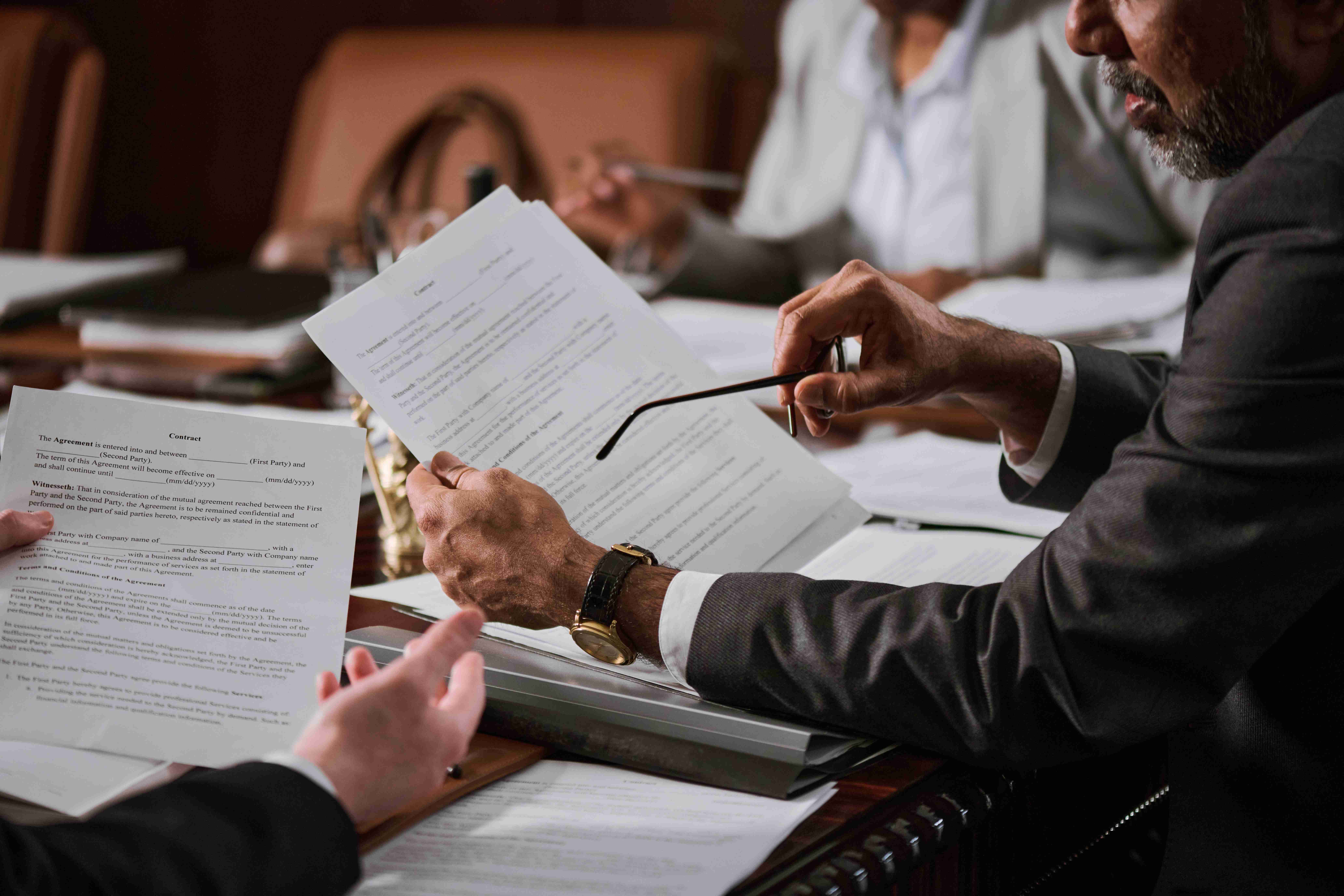.png)
Family-based petitions are one of the most common ways to obtain lawful permanent residency (a green card) in the United States. Through this process, U.S. citizens and lawful permanent residents can help their close relatives secure legal status.While the process may seem straightforward, in practice, small mistakes can cause significant delays, denials, or even rejections of an application. Understanding the most common errors and how to avoid them, can save you time, stress, and money.
The main form in these cases is the I-130, Petition for Alien Relative. Errors in this form are among the top reasons for delays.
Common issues include:
How to avoid this mistake:
USCIS requires strong evidence to prove the legitimacy of a family relationship. Weak or missing evidence often leads to Requests for Evidence (RFEs) or outright denials.
Examples of required documentation:
Best practices:


One of the most common and costly mistakes is not notifying USCIS of a change of address. If you move and fail to update your information, you risk missing important notices such as interview appointments or requests for evidence.
How to fix it:
In many cases, USCIS requires an in-person interview to confirm the authenticity of the relationship. Failing to prepare for this stage can raise doubts and delay approval.
Tips for the interview:
Many people try to handle family petitions on their own, but small errors can have long-term consequences. An experienced attorney can identify problems before they arise and strengthen your case from the start.
At The Jurado Firm, we carefully review every detail of your application to:
Family petitions are a powerful way to bring loved ones together in the United States, but the process requires attention to detail and legal guidance. Even minor mistakes can result in long delays or denials.


Navigating immigration law can be complex—here are the most common questions we receive to help guide you through the process.
Yes, we provide a free initial case evaluation to assess your immigration needs and determine the best legal strategy.
Absolutely! Since immigration law is federal, we can take on cases from anywhere in the U.S. and even internationally.
Processing times vary based on the type of case and government backlogs. We’ll provide a realistic timeline during your consultation.
Required documents depend on your case type, but typically include identification, proof of relationship (if applicable), and supporting evidence for your application.
Yes, we understand that legal fees can be a concern, so we offer flexible payment plans to make our services accessible.